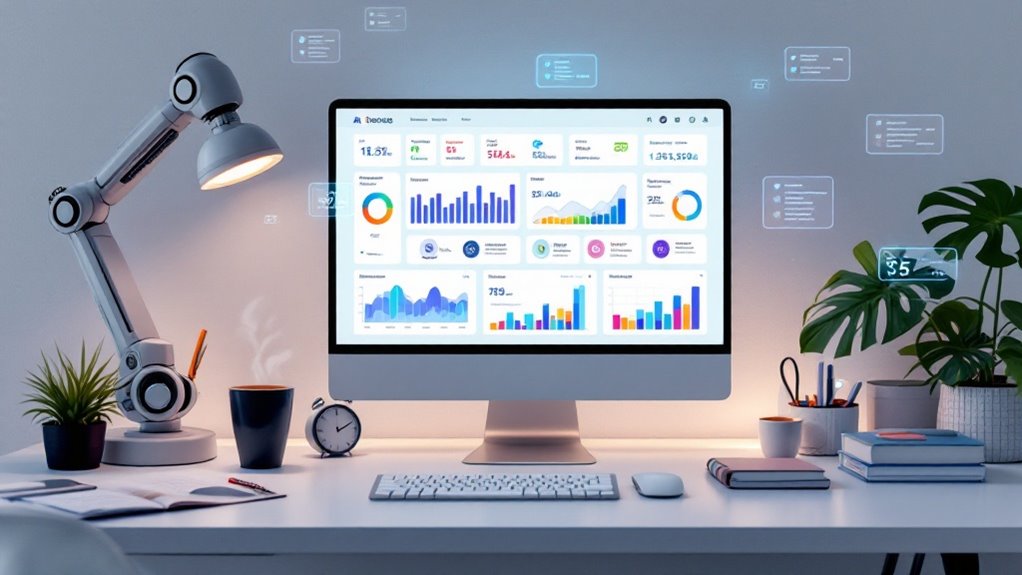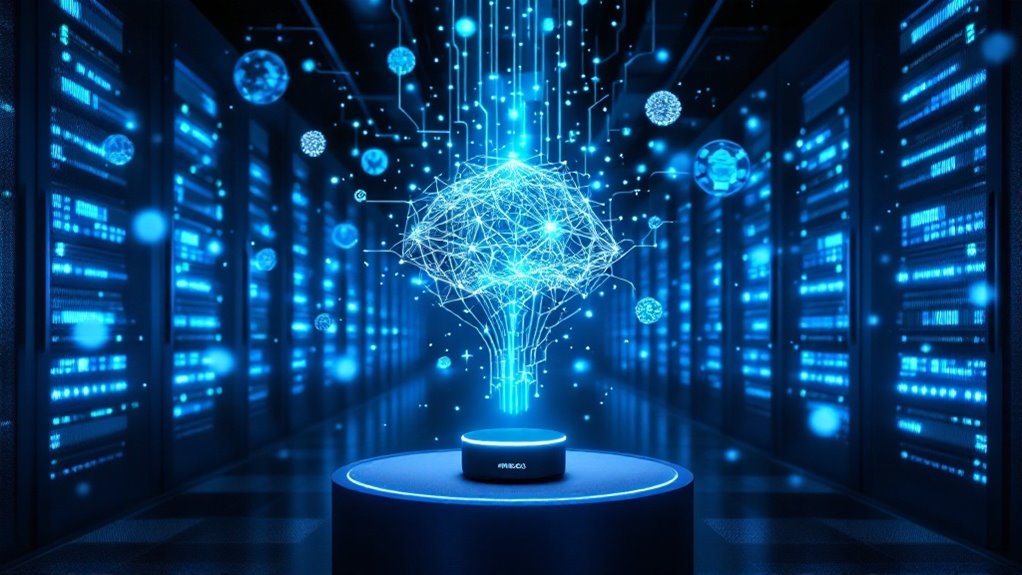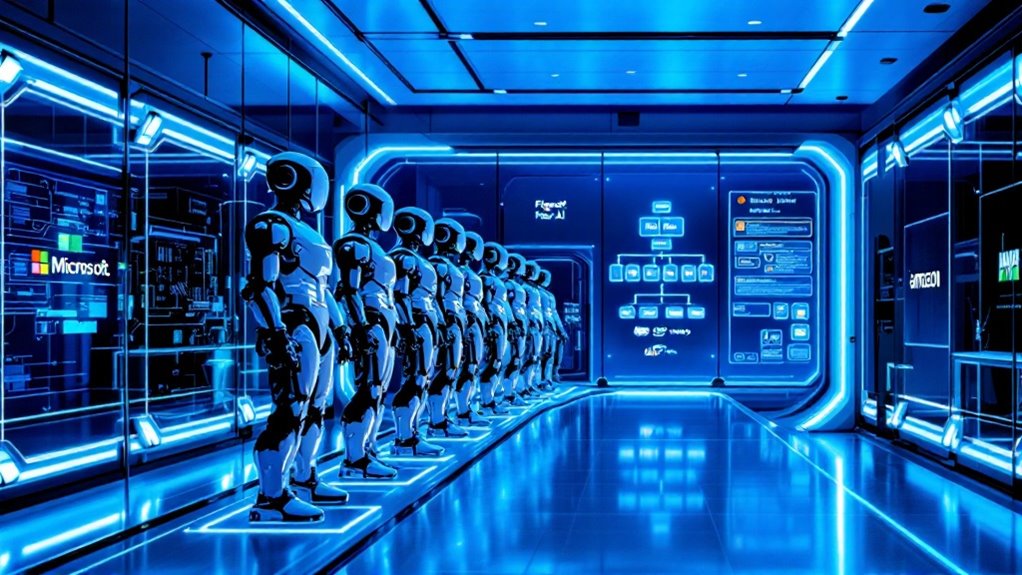AI is basically the office sidekick everyone secretly wants—it zaps boring tasks like data entry, sorts emails, and even analyzes data without breaking a sweat. Got a customer service headache? AI answers routine questions instantly, making human staff look like wizards. Even the newbies get a productivity boost; AI pretty much hands them the cheat codes. Sure, it’s not going to solve world peace, but it will let you focus on real work. Stick around for the juicy details next.
Productivity—every manager’s favorite buzzword and every employee’s eternal nemesis. But what if a machine could help you cross off your to-do list faster than you can say “synergy”? Enter generative AI, the digital sidekick you didn’t know you needed—unless you’ve already had ChatGPT write your last email.
Let’s talk numbers (don’t worry, no math required). Companies using AI extensively? Seventy-two percent of them report high productivity. That’s not just a marketing stat—it’s a seismic shift. Workers using AI tools like GPT-4 get their tasks done 25% faster, and for business users across the board, throughput jumps by a whopping 66%. Imagine if you could finish writing that quarterly report before your coffee gets cold. In fact, generative AI can automate 60 to 70 percent of work activities currently performed by employees, fundamentally changing how teams operate and freeing up time for more valuable work.
Here’s how AI puts the “pro” in productivity:
- *Automates repetitive tasks* (because no one dreams of data entry).
- *Supercharges data analysis*—AI finds patterns while you find your zen.
- *Streamlines workflows,* so you can focus on the big brain stuff, not the busywork.
Reallocating tasks turns into an art form. AI handles the boring bits, freeing humans for strategic plotting or, let’s be honest, a well-deserved meme break. Across multiple research studies, AI tools have increased productivity by 66% on average, showing just how powerful this technology can be in transforming routine work. However, organizations must address infrastructure limitations when implementing AI solutions to ensure they have sufficient compute power for optimal performance.
In customer service, AI answers questions faster than Karen can ask for the manager. Coders? They crank out more projects per week, thanks to AI-powered suggestions.
But wait—there’s more! AI doesn’t just help the experts. It boosts less skilled workers by transferring knowledge, simplifying complex stuff, and making sure nobody gets left behind. Suddenly, rookies look like seasoned pros.
A word of caution, though—if you’re tackling some mind-bending, high-level task, AI might not always be your best wingman. Sometimes, too much “help” is, well, not helpful.









